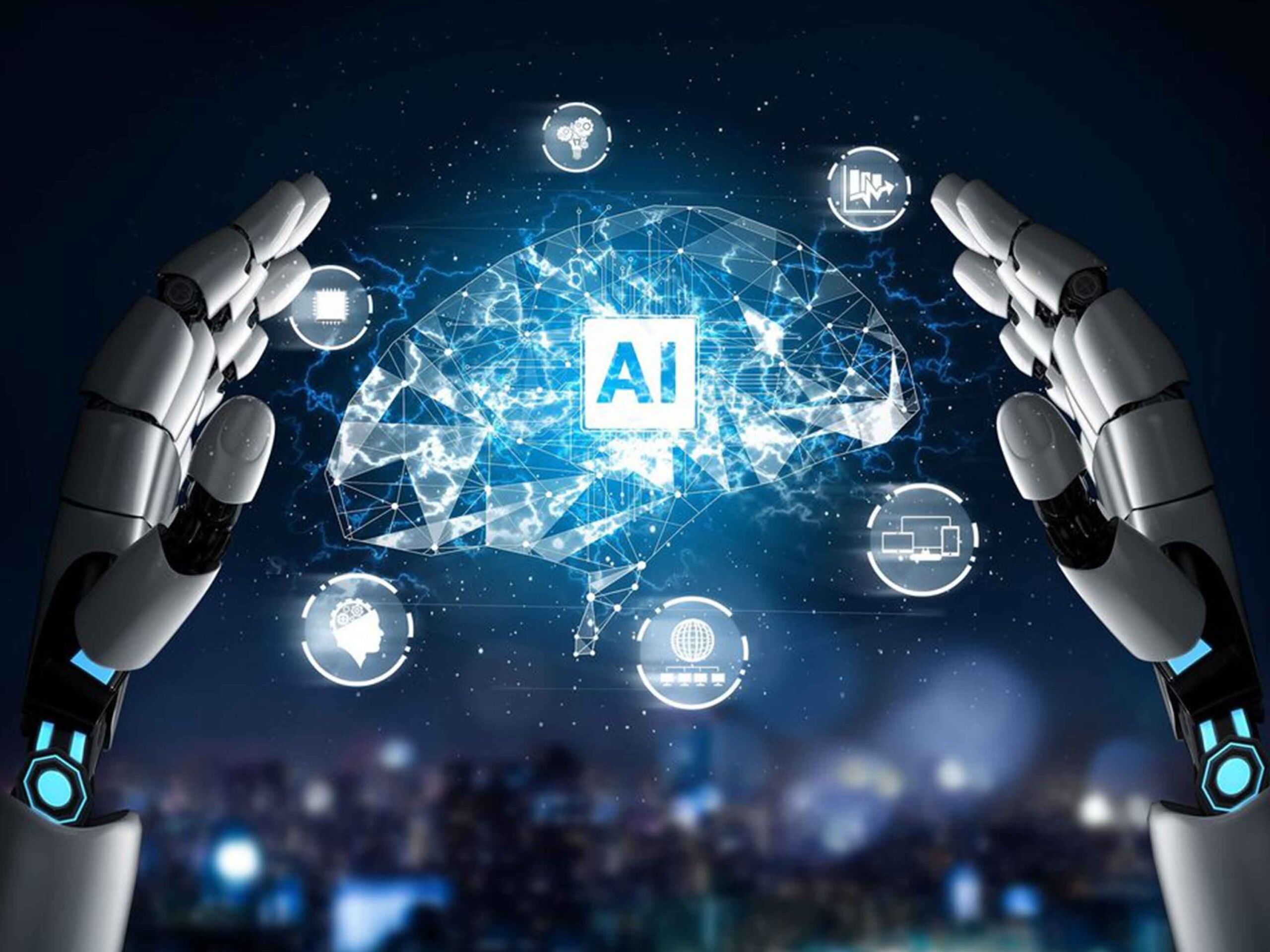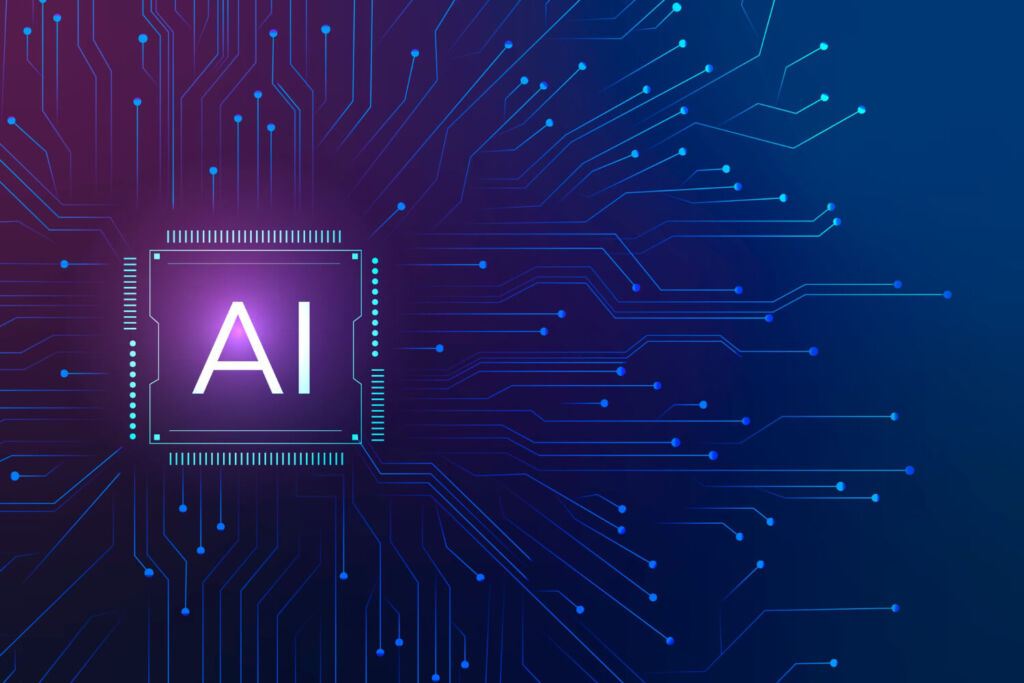Reduced Errors
As previously mentioned, AI and machine learning provide you with insights based on your prior deeds. The human mind might not be able to recall every error, but AI will. The software development process will find even the smallest mistakes. Software developers won’t have to go back and make significant modifications or perform roll-backs as a result.
Artificial intelligence will immediately expose issues and identify inconsistencies by examining system logs, even if issues develop after the software program goes live as a result of improper coding or system flaws. Your operations staff can immediately alert the technical team and have the problem fixed.
When you give your programming assistant powered by artificial intelligence (AI) access to historical data and software analytics, it may learn from experience and identify common faults. If these were discovered while the project was still being developed, it would be less required to roll back. Operations teams can apply machine learning to analyses system logs in the post-deployment phase to proactively highlight faults and find anomalies.
Error management is mostly to blame for downtime in software development, especially if you use SaaS or a cloud-based platform. Given that customers require your services around-the-clock, every minute of downtime costs your money and damages your reputation.
Real-Time Feedback
The software will learn from AI and machine learning algorithms about how users engage with a given platform. Recognize that this data will be real-time, giving you ample opportunity to learn, plan a course of action, and satisfy client demands. You will constantly be behind if artificial intelligence is not used.
Knowing how customers respond can allow you to improve customer experience by updating your content, UI/UX, and on-page features. The enhanced user experience generates new, in-the-moment information about user engagement that seasoned software engineers may utilize to modify the programming for even more improvement.
Machine learning algorithms can be created to watch how a user behaves on a specific platform. AI can be used to create dynamic software experiences, which can also provide changing content and then provide statistics on which on-page parts should use improvement.
How Will AI And ML Continue To Impact The Software Development Field In The Future?
There is no doubt that AI and ML are having a major impact on the software development field. By automating many of the tasks that developers traditionally performed manually. These technologies are helping to improve efficiency and quality while also reducing costs. In addition, AI and ML are also changing the way that developers interact with software. Providing them with new tools for understanding and managing code. As these technologies continue to evolve, they are likely to have an even greater impact on the software development field.
In particular, AI-powered code editors and IDEs will become increasingly common. Making it easier for developers to write and maintain complex codebases. In addition, artificial intelligence will play an increasingly important role in optimizing code for performance and security. As a result, AI and ML will continue to have a major impact on the software development field in the years to come.
Xeven Solutions is an AI development service provider. Our experts create innovative products, such as platforms for data analytics, conversational gadgets, and deep learning systems. Advanced AI solutions are built by Xeven Solutions which can be customized according to your requirements.









